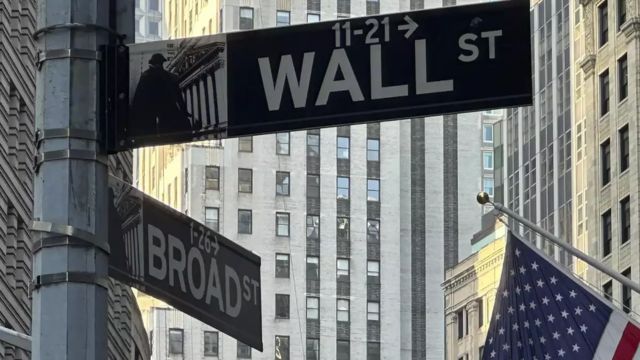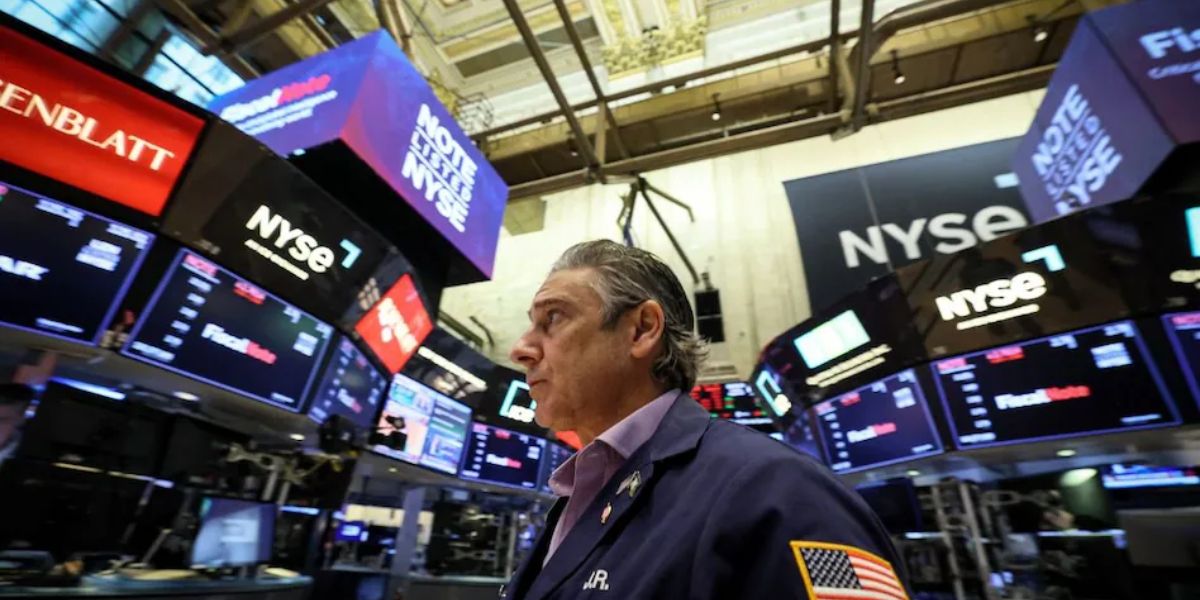MJP –
The stock market now plunges amid fears of a painful jobs report, leading investors to dump risk assets, media reports.
Stocks are facing challenges on Thursday as investors sold off riskier assets amid growing concerns about the U.S. economic outlook ahead of Friday’s key labor report.
The Nasdaq Composite remained close to unchanged after initially rising by more than 1% earlier in the day.
The S&P 500 fell by more than 0.5%, while the Dow Jones Industrial Average dropped 330 points, or 0.8%.
However, the S&P 500 is down more than -2% in the past five trading days.
“We’re currently experiencing yet another mini-growth scare,” noted Arun Sai, a senior multi-asset strategist at Pictet Asset Management.

New labor market data released on Thursday provided mixed signals regarding the U.S. economy, raising questions about whether the Federal Reserve is lagging on rate cuts.
Private payroll growth was the weakest since 2021, increasing concerns about a slowing labor market.
However, weekly unemployment claims decreased from the previous week.
SEE MORE –
Reports Now! In a Surprising Turn, Japan Announces Major Reduction in Crypto Taxes
The market has been susceptible to potential growth concerns in recent weeks, as seen in Tuesday’s sell-off following disappointing manufacturing data.
This has increased scrutiny on labor market indicators, with everyone anticipating Friday’s August nonfarm payroll report.
A weak report from July heightened recession fears and contributed to significant volatility in August.
Mark Malek, chief investment officer at Siebert Financial, commented, “It’s a very narrow range.
If the labor data significantly deviates from expectations tomorrow, we could see substantial moves in either direction.
Any divergence may lead to increased volatility.”




